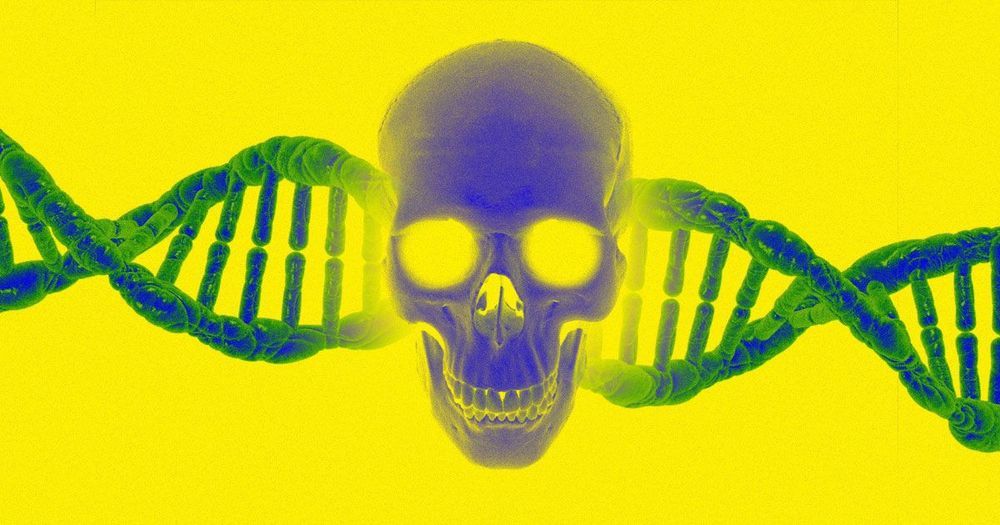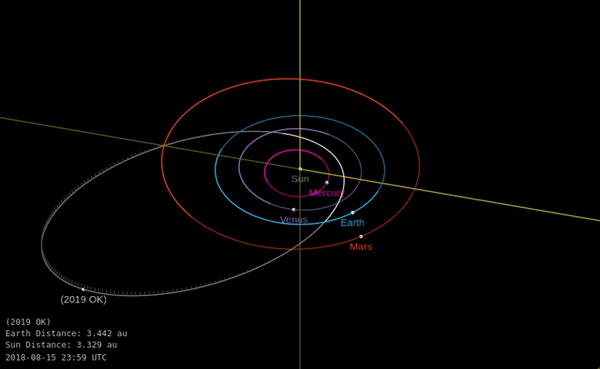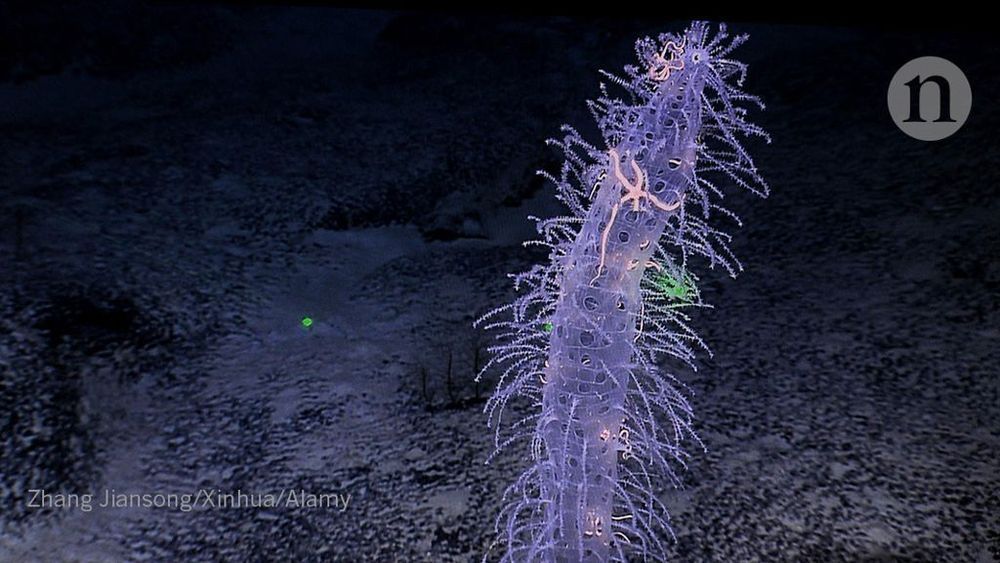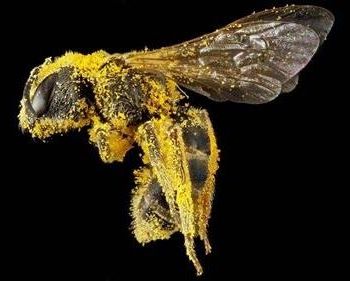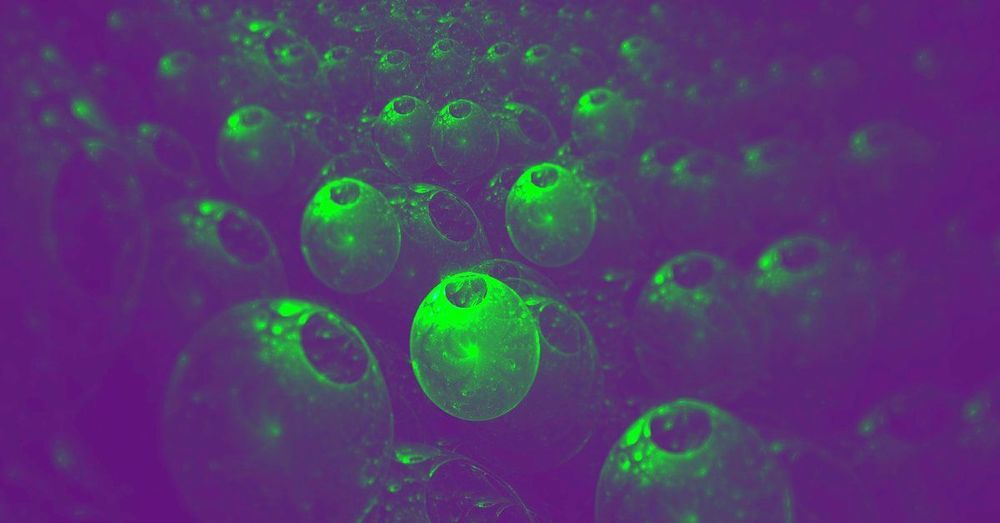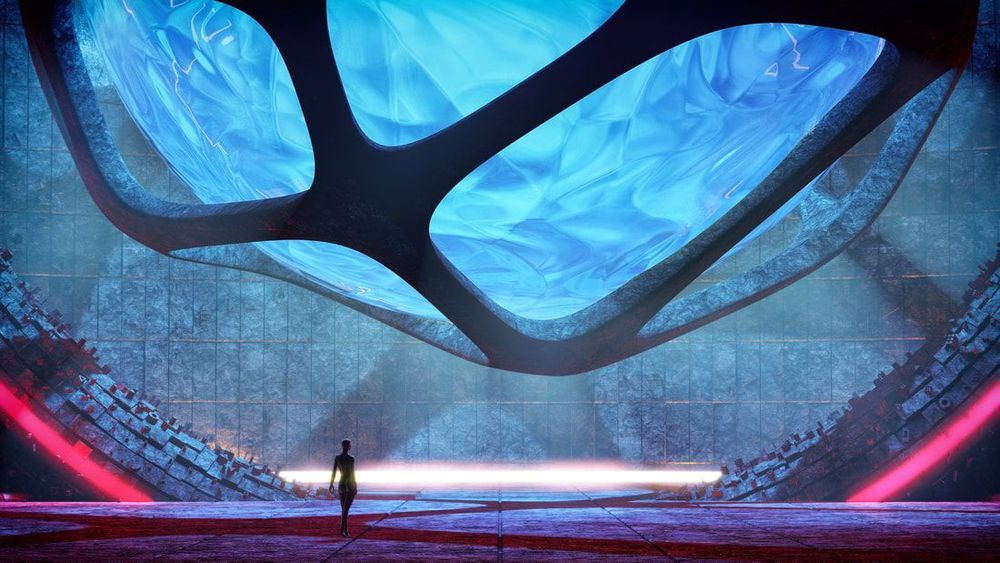In the future, we may have to deal with biological weapons that target specific groups of people, passing over everyone else.
That’s according to a new report out of Cambridge University’s Centre for the Study of Existential Risk reviewed by The Telegraph. In it, the Cambridge researchers argue that world governments have failed to prepare for futuristic weapons based on advanced technology like artificial intelligence and genetic manipulation — or even a killer pathogen designed to kill only people of a particular race.
